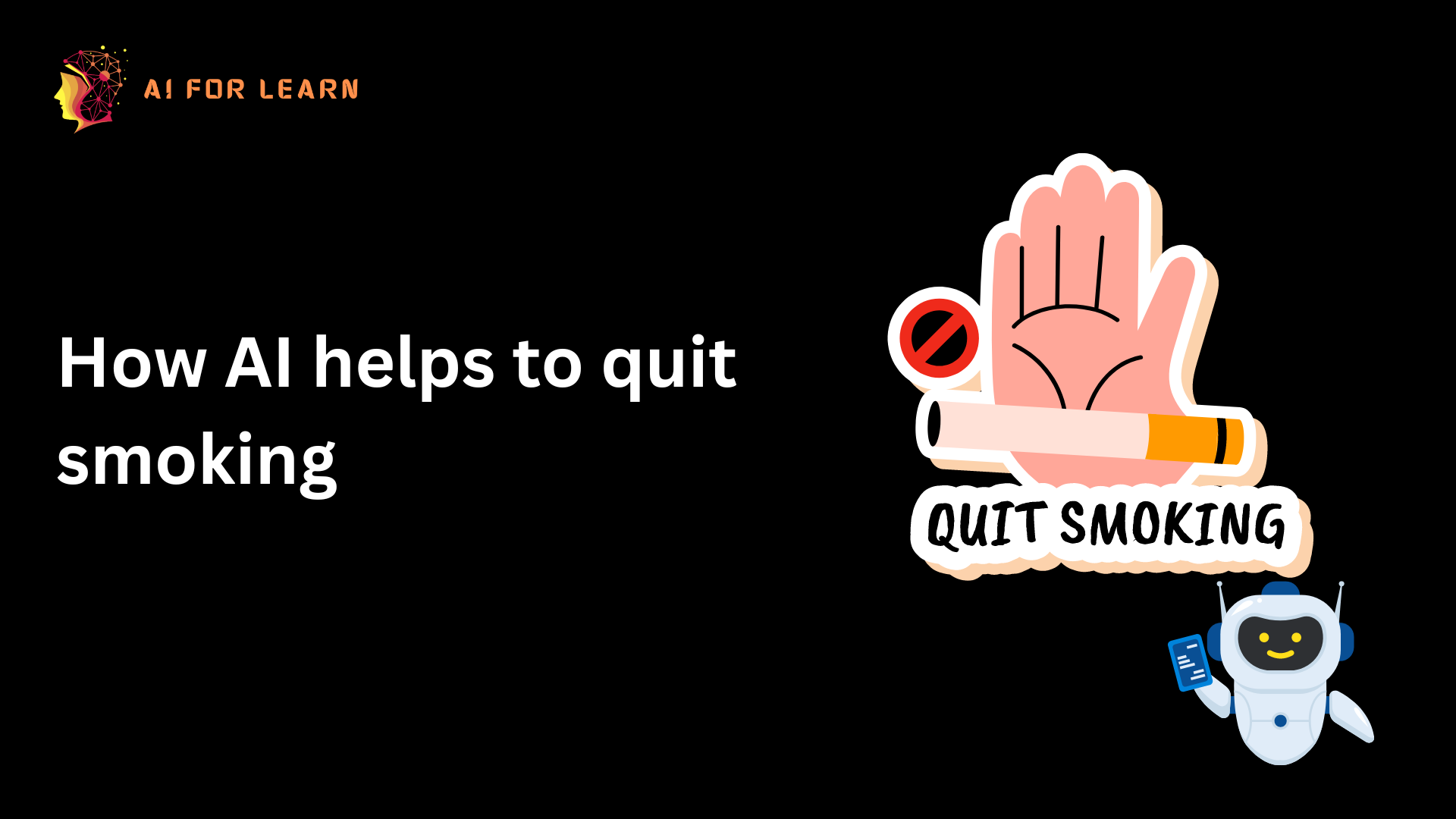How AI helps to quit smoking
 AI For Learn
AI For Learn
In this episode of AI Stories, Dr. Jonathan Bricker at the Fred Hutchinson Cancer Center in Seattle explores the groundbreaking work being done with QuitBot, an AI-powered chatbot designed to help people quit smoking. Dr. Bricker explains how QuitBot uses emotional support and personalized conversations to guide users through the quitting process. The chatbot, which is based on a series of 32 tailored conversations, learns about the user's triggers, motivations, and goals, and provides timely reminders and tools to help them stay on track.
The Power of AI in Behavioral Change
Dr. Bricker emphasizes the potential of AI to mimic the kind of support one would receive from a clinician but with the added benefit of being available 24/7. He shares how the chatbot engages users by asking about their reasons for quitting, understanding their cravings, and identifying emotional triggers like stress or loneliness that might lead them to smoke. Through this understanding, QuitBot can provide specific, actionable advice to help users resist the urge to smoke.
Overcoming Challenges with AI
Developing an AI that can understand and respond to human emotions and contexts was no small feat. Dr. Bricker discusses the challenges they faced in teaching the chatbot to accurately interpret and respond to user input, which often involves complex emotions and nuanced language. Despite these difficulties, they have made significant progress in refining the chatbot's natural language processing capabilities, making it a powerful tool for behavior change.
Broadening the Scope of QuitBot
While QuitBot is currently focused on helping people quit smoking, Dr. Bricker envisions a broader application for the technology. The underlying habit change platform could potentially be adapted to help individuals overcome other addictive behaviors, such as food cravings or substance abuse. By identifying motivations, barriers, and triggers, QuitBot could support users in maintaining positive changes across various aspects of their lives.
Conclusion
The innovative approach expresses optimism about the future impact of QuitBot. Dr. Bricker's work highlights the transformative potential of AI in healthcare, particularly in helping individuals achieve lasting behavioral changes. As AI technology continues to evolve, tools like QuitBot could play an increasingly important role in supporting people on their journeys to better health.
Subscribe to my newsletter
Read articles from AI For Learn directly inside your inbox. Subscribe to the newsletter, and don't miss out.
Written by
